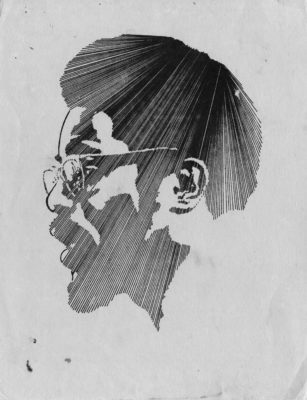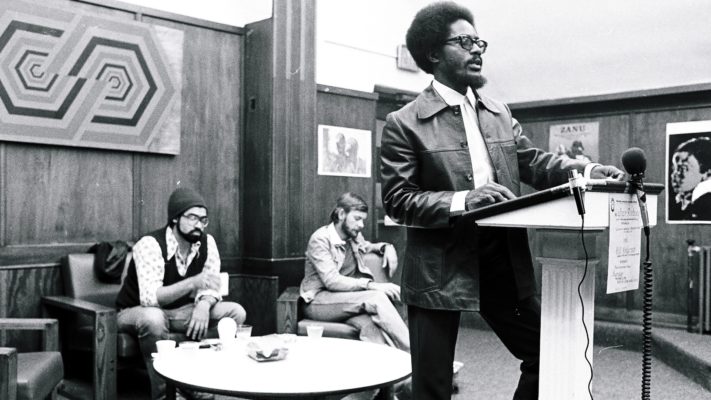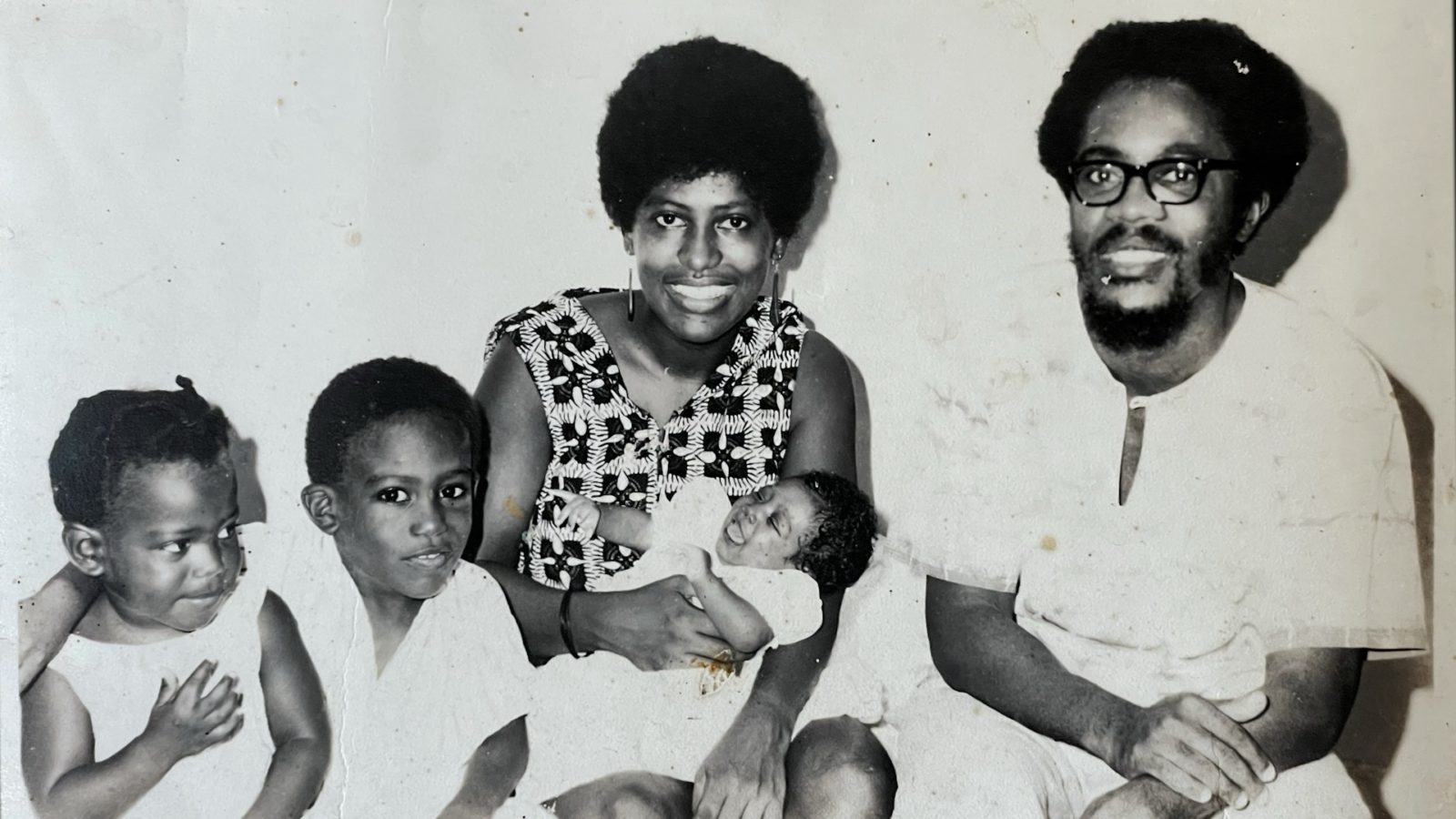Walter Rodney was born in Georgetown, the capital of then-British Guiana. He grew up during the country s anti-colonial movement where his father was very much involved since he was a member of the Marxist-oriented People´s Progressive Party. His father´s influence had a strong impact on Walter Rodney interest in the struggles of the working class. At a very young age, he was part of study groups that was engaged in debates which shaped his intellectual and scholarly approach to various subjects. This made him to be recognized as one of the Caribbean´s most brilliant minds. He combined his scholarship with activism-this distinguished him from his academic colleagues. He won a scholarship to the University of the West Indies where he studied history. His brilliance made him to move to London where he received his PhD in African History at the age of 24 at the School of Oriental and African Studies (SOAS). During this period, he married Patricia Henry who was studying and nursing in London. His life in London as a student and as a debater brought him close to many Caribbean students-activists and CLR James who became his mentor.
After London, his life as a teacher in Tanzania got him close to many liberation movement activists, because under Julius Nyerere, the country was a breeding ground for activists thirsting for justice. The headquarter of the Organization of African Unity´s Liberation Committee was the base for many exiled movements of Africa.
Later, Walter Rodney went to Jamaica to teach at the University of West Indies. Beside his teaching activities, he took his message of Black Power, Black Liberation, and African consciousness to the masses while he was teaching in Jamaica. His interest in the Rastafarian communities led him to share his knowledge of African history to empower them. His speeches and articles were published as “Grounding with my brothers “that garnered the Jamaican Government who refused his re-entry in the country when Walter Rodney went to attend a conference in Canada.

He was an internationally acclaimed author of six scholarly books and numerous academic articles that documented the devastating effects of slavery and colonial imperialism in Africa and the Caribbean. He extended his critical analysis to explain how those effects continued to prevent the progress of newly formed neocolonial governments. His framework was Marxist ideology focused on the working classes; he was critical of capitalism because it promoted individualism instead of cooperative communal efforts. By combining political economic analysis with archival research, he demonstrated how colonialism resulted in economic inequality and racial ethnic divisions and how neocolonialism continued those damaging effects. Walter Rodney’s most influential book “How Europe Underdeveloped Africa” (1972) provided a new lens to examine the development of nations and remains a model of how to analyze capitalist societies and the rise of inequality. Walter Rodney was a Pan-Africanist and he developed close political relationships with those who were struggling to change the external control of Africa. His closeness with other leaders of liberation movement in Africa led him to participate in many conferences, and mainly to the Sixth Pan-African Congress held in Tanzania in 1974. His extensive short life ended on Friday 13, 1980. A bomb planted in a walkie-talkie exploded in the car he was traveling in.
Forty years after his brutal assassination, Walter Rodney is still relevant. Africa is at the center of global economic interests, with major western powers still scrambling over its high lucrative resources. While the dominant discourse around postcolonial reparations tends to be conducted in strict ethical terms, Walter Rodney´s work compelling links racial inequality with social justice. In “How Europe underdeveloped Africa” Walter Rodney concludes with “African development is possible only on the basis of a radical capitalist system”. What constitutes development and what do we mean by underdevelopment? This is exactly what Walter Rodney is explaining by saying that development should not be seen merely as an economic phenomenon but rather as an overall social process shaping societies with ideology structures. The structural dependency which characterizes the political and economical relation between Africa and Europe must be analyzed and understood through the lenses of slavery. Racism in Walter Rodney´s analysis cannot be separated from the division created by the dominant economic system on the dominated people. Walter Rodney´s legacy is to remind us that racism cannot be solved without looking at the modern economy that replicate colonial model of domination. Walter Rodney is still relevant in the class struggle for racial equality.
On March 21st Melahuset will screen the documentary “Walter Rodney: What They Don’t Want You to Know” followed by a conversation with the director Arlen Harris.
Written by Ari Gautier

